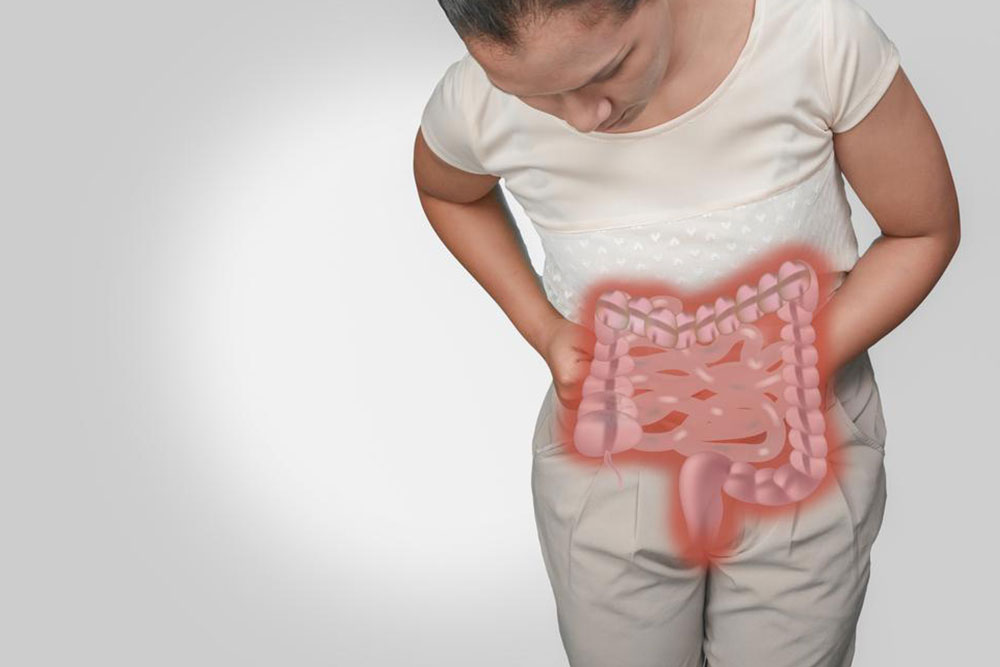Common Causes of Diarrhea and When to Seek Help
This article explores the main causes of diarrhea, including viral, bacterial, parasitic, and other contributing factors. It highlights symptoms, common pathogens, and situations that require medical attention, serving as a useful guide for understanding and managing this common condition.

Viral pathogens: are the primary cause of diarrhea, often presenting with symptoms such as frequent watery stools, stomach cramps, and mild fever. Typically, viral-induced diarrhea lasts from 3 to 7 days. Common viruses include:
Rotavirus: mainly affects infants
Norovirus: causes outbreaks in all age groups in places like schools, cruise ships, and care homes
Adenovirus: impacts people of all ages
Bacterial infections: tend to cause more intense diarrhea, often from eating contaminated food or drinks. Symptoms can include bloody stool, mucus, vomiting, and high fever. Notable bacteria include Salmonella, Shigella, and Campylobacter. Less frequent bacterial causes include E. coli and Yersinia. Antibiotics can also trigger Clostridium difficile infections, leading to diarrhea. Parasites like Giardia, Entamoeba, and Cryptosporidium are contracted through contaminated water often during travel.
Other factors contributing to diarrhea include:
Digestive conditions: such as inflammatory bowel disease, irritable bowel syndrome, diverticulitis, and celiac disease, sometimes causing yellowish stool
Medications: including antibiotics, blood pressure medicines, cancer treatments, and antacids with magnesium
Food allergies or intolerances: such as lactose intolerance or artificial sweeteners
Excessive alcohol intake: can result in loose stools
Overuse of laxatives: frequent use may cause diarrhea
Medical treatments: like radiation or chemotherapy, especially in diabetes or cancer patients
Surgical procedures: involving stomach or intestines
Physical activity: long-distance running might lead to runner’s diarrhea
Note: This article offers general information and should not replace medical advice. Consult a healthcare professional for diagnosis and treatment options.


